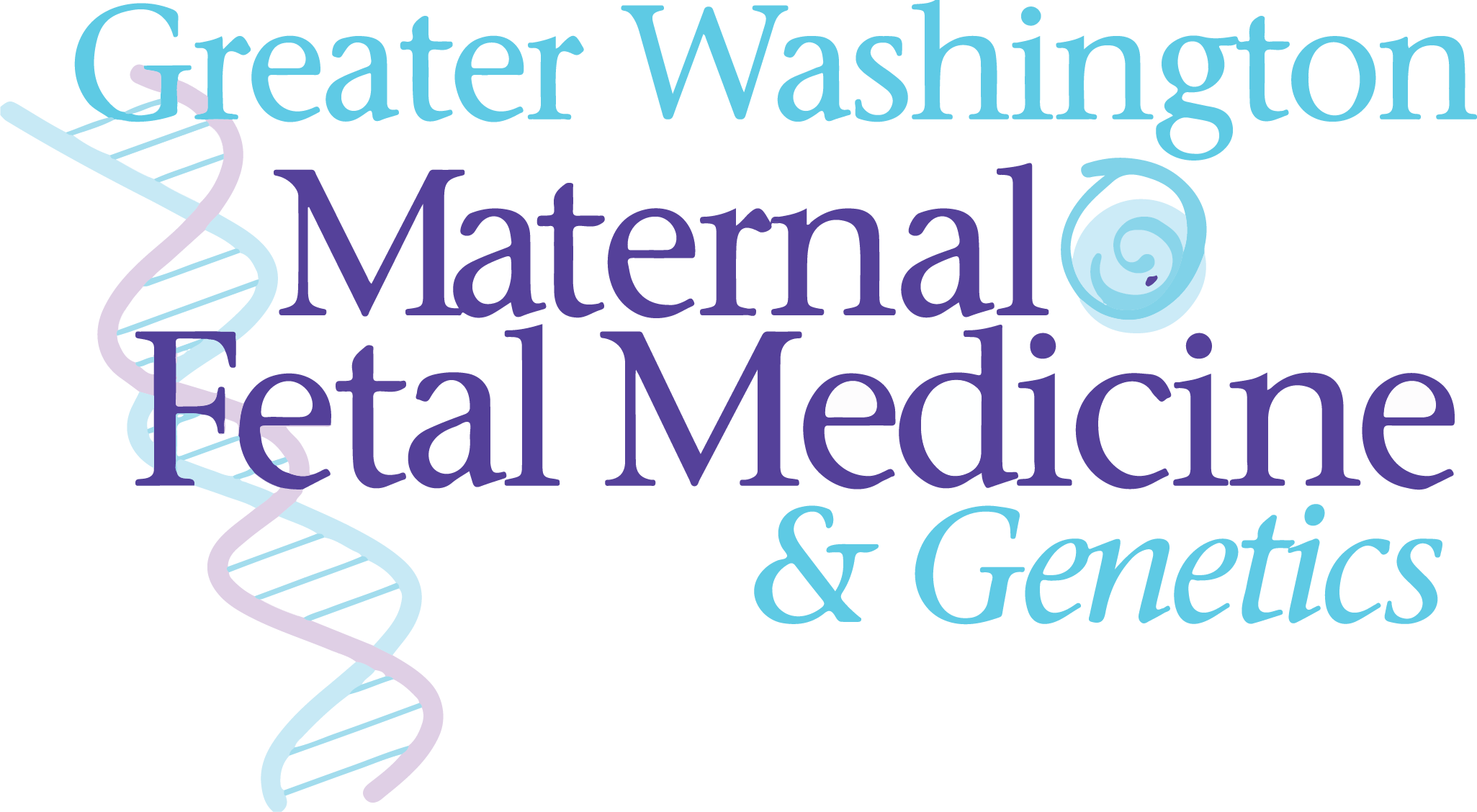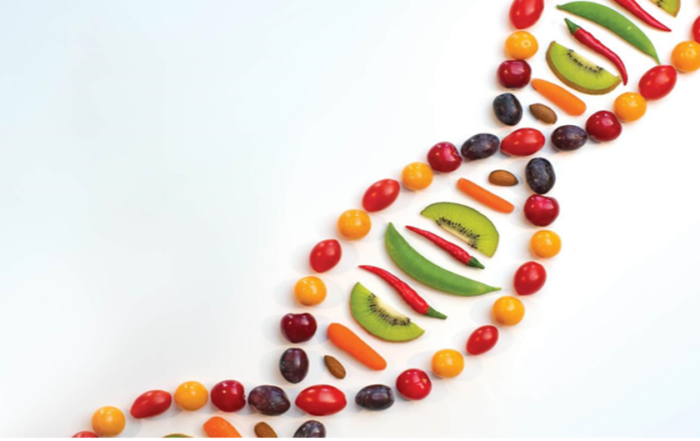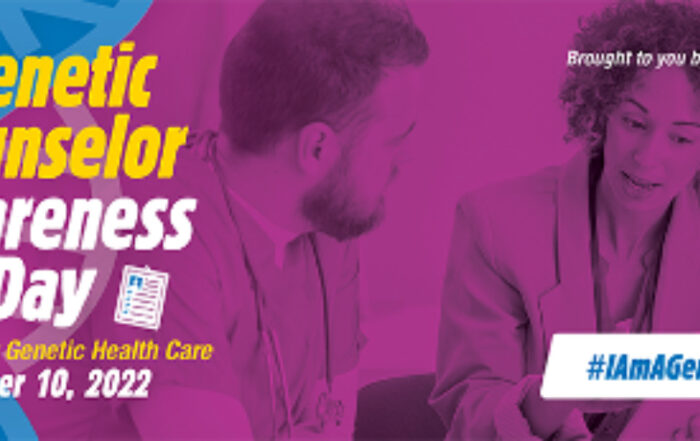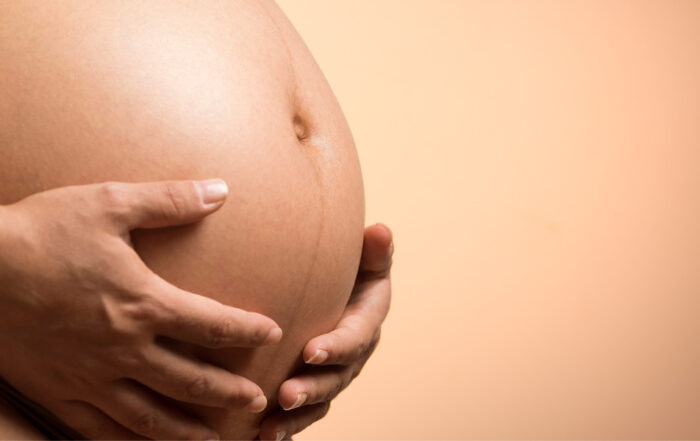Eating Habits in Pregnancy
November 26, 2019
What foods should I eat in pregnancy? What foods should I avoid? Are cravings okay?

These are common questions women think about when considering pregnancy or during pregnancy. During pregnancy, management of health through diet is quite important for maintenance of health of the mother and the pregnancy. There are certain foods that are recommended to avoid or limit because it may be harmful for you or your baby. However, it is important to maintain appropriate nutrition to ensure your body has the additional nutrients and vitamins that may be required during pregnancy.
Depending on your weight, health history, and other factors, your doctor may recommend different nutrition needs.
There are many foods that are safe for consumption during pregnancy. Below is not a complete list, but includes some of the more common types that are a reliable source of nutrients during pregnancy:
- Eggs
Eggs are also packed with choline which is very important in keeping the fetus healthy and proper brain development.
- Lean meat
Pregnant women can still eat meat during pregnancy, especially lean meat. Lean meats have low-fat content and are an excellent source of protein. Lean meat is also a good source of iron.
- Dairy products
Dairy products like yogurt and cheese are beneficial to pregnant women. They are a very good source of calcium, protein, vitamin D, vitamin B, phosphorus, and minerals. It aids in proper digestion during pregnancy.
- Fortified products
Fortified and enriched products such as breakfast cereals, breads, and juices are recommended to pregnant women especially during the first trimester. These products are rich in folate which aids in keeping the mother and the fetus in perfect health. Insufficient folate may increase the risk of low birth weight and other concerns in pregnancy.
- Nuts
The fat in nuts is essential in the development of your child’s brain. Just make sure to keep your nut consumption low — an ounce of nut servings is enough to keep you feeling fuller longer and to make your developing child healthy.
There are some foods that are best to limit or avoid during pregnancy. Below are a few:
- Soft cheeses
Soft cheeses could contain listeriosis which can cause infections during pregnancy and may lead to effects on the pregnancy.
- Predatory fish
Predator fish such as shark or swordfish are often avoided due to mercury levels found within these fish. Increased mercury levels in pregnancy may be associated with developmental concerns within the brain or the nervous system of the baby.
- Raw or undercooked meats (including seafood)
Ceviche, sushimi, sushi, rare steak, and other meats should be limited or avoided during pregnancy. Undercooked meats have been associated with increased risk for infections in pregnancy.
- Cravings
Food cravings: Pregnant women may have cravings of certain types of foods that may not be as healthy for the pregnancy. Foods that are high in sugar or salt may be desired, but should be kept within appropriate consumption levels. Your obstetrician will help determine a healthy plan for your eating habits during pregnancy. Indulging in some food cravings is not prohibited, but it should be well managed.
Unusual cravings: Some women experience unusual cravings, termed pica. This occurs when an individual craves substances that either have little or no nutritional value. This is something that may occur in pregnancy and is no cause for panic, but should be addressed by your doctor as some of the cravings may be detrimental to pregnancy. It is important to talk to your doctor and ensure a plan is set for controlling these cravings. This is also necessary to ensure you are informed of the risks of indulging in these cravings.
Overall, the food you eat when you are pregnant may have an impact on your body and your well-being as well can affect your baby’s health. Be sure to consult your obstetrician or maternal-fetal medicine specialist with questions or for more information regarding foods to consider, foods to avoid, or how to manage cravings.




